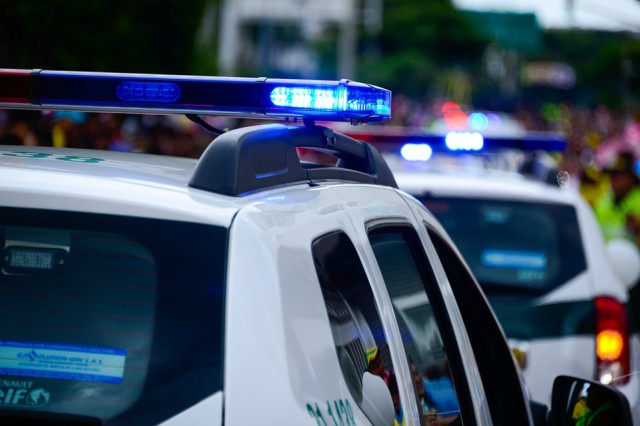
Police departments have now adopted the use of GPS technology for surveillance and other purposes. This is an effort to improve their performance and reduce expenses, at the same time maximizing their resources. Tracking devices help police departments by providing them with real-time information that help in the effectiveness of operations.
However, the privacy issues that surround GPS use could open up the proverbial can of worms regarding law enforcement officers who disregard proper procedures. Here are some ways that the police departments can use personal and vehicle tracking, and examine the benefits and other possible issues associated with the practice.
How GPS Helps Police Officers
Police officers can make use of GPS technology in their day-to-day work. For instance, GPS units in police cars can assist the department in providing better service for their local community. GPS data can indicate which police vehicle is closest to the crime scene, which can then put police officers at the scene faster and within their assigned zones.
On the other hand, this type of tracking can also be helpful in locating a police officer who goes missing while on the job. Many officers can tend to balk at the thought of their activities being monitored by their superiors, but this could be helpful especially if an officer is caught in dangerous situations. This just proves that how GPS helps police force is something we want to keep enjoying for long.
Locating Criminals and Gathering Evidence
How GPS helps police is not only limited to mere tracking, these tools can also assist them in fighting crime. While unconventional, police officers can affix a tracker on a suspect’s car in what is known as a slap-and-track operation. This device can monitor the move of the suspect and allows to some extent a degree of long-tern surveillance that would otherwise be impossible to conduct without being detected by the suspects. Otherwise, GPS can also be useful in tracking suspicious cargo and could be valuable evidence for prosecution. On the side of civilians, having a GPS device tracker attached to their cars makes them easier to monitor, leading to faster recovery with help of the police.
Scroll down for videos

Tracking Paroled Inmates
Prison inmates are sometimes outfitted with GPS monitoring devices before they’re released on parole. Officers then enter a list of coordinates in a system that represent places that paroled inmates are allowed to visit. If they end up somewhere not listed, officers are alerted to the breach of parole terms. This practice makes it simpler for the authorities to keep track of paroled inmates without the need of physical presence by the parole officer.
Tackling Legal Issues
The United States Court of Appeals noted in a case that police officers must obtain a warrant before they can attach a GPS unit to a suspect’s vehicle. Because the GPS device is deemed as a “search,” the Fourth Amendment does not allow “unreasonable searches” even for suspects in a case. Privacy rights also play a part, especially considering that most individuals consider their cars as their personal space.
It is not always easy to obtain a warrant, which is why many police officers object to the ruling. Police must start with demonstrating “probable cause” that a crime has occurred or is currently occurring. Unfortunately, this makes a warrant too late, because the most valuable stages of a police investigation starts early on, long before probable cause can be established.
How GPS helps police officers is worth an applause and is definitely helping them do their job more efficiently, but it’s worth noting that legal decisions have made it clear that installing them is subject to the Fourth Amendment, so law enforcement officers need to take the appropriate precautions in obtaining the said warrants before using the systems for suspect-tracking purposes. Otherwise, the devices can be used by the police department to manage their own force and do their jobs more efficiently in the process.
Watch the videos below